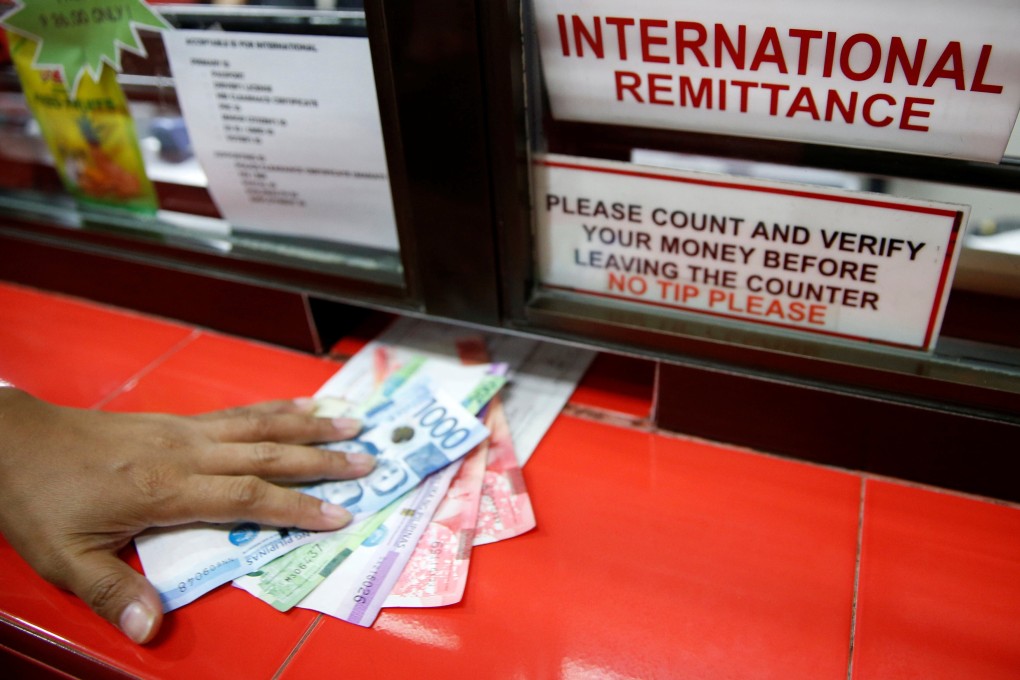Mynt becomes first unicorn born in the Philippines after US$300 million funding round by global investors
- The new funding, which underlies the rapid growth of financial services and digital banking in the country, has boosted Mynt’s valuation to US$2 billion
- The number of fintech companies in the Philippines increased to around 200 last year from just 30 in 2016

The new round of funding, which underlies the rapid growth of the financial services and digital banking market in the country, has boosted Mynt’s valuation to US$2 billion.
“This solidifies its status as the Philippines’ only unicorn, and as one of the leading fintech companies in Southeast Asia,” said Warburg Pincus, which has more than US$67 billion in private equity assets under management, in a statement on Tuesday.
Other investors taking part in this funding round include Itai Tsiddon and Amplo Ventures, as well as capital from existing investors Globe, Ayala and Bow Wave.
Ant, an affiliate of Post owner Alibaba Group Holding, did not participate in the round but “has remained a committed partner and shareholder [with a 34 per cent stake], bringing technological expertise and their experience in China and other markets to aid its strategy and execution”, according to Mynt.